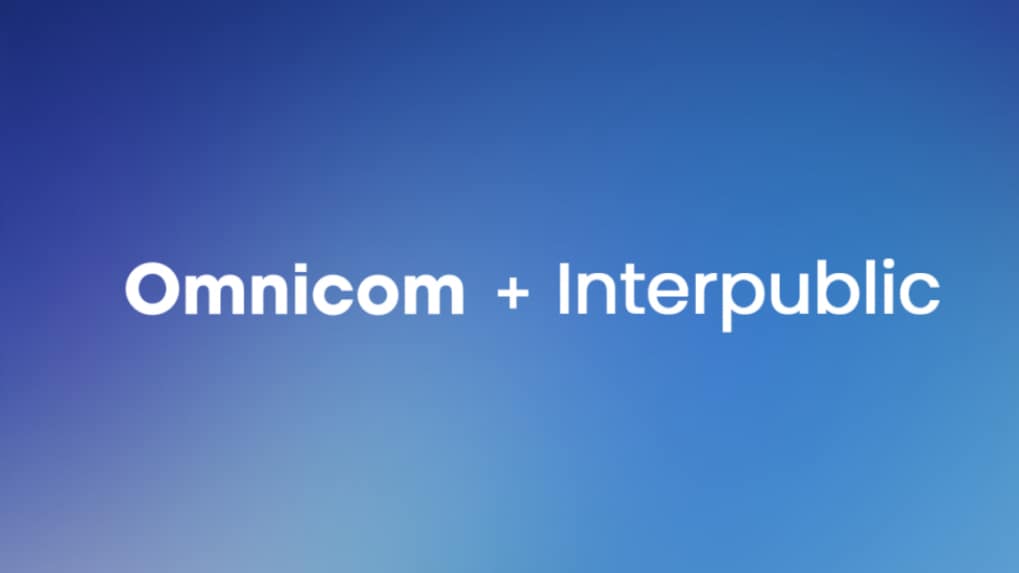IPG–Omnicom merger nears final phase, India leadership call expected by Dec 2
Clarity over who will lead the merged Omnicom–IPG entity in India is expected between December 1 and 2, with global leadership set to finalise the roles for the media and creative businesses. The decision will end months of uncertainty and define the power structure for one of the industry’s most critical markets.
ADVERTISEMENT
As the $13.5-billion merger between Omnicom and Interpublic Group (IPG) moves toward final closure, uncertainty has engulfed the India market — one of the world’s fastest-growing advertising hubs — over who will lead the media business and how the creative hierarchy will be structured.
Multiple senior executives across the two networks told Storyboard18 that the India organisation design remains “the most politically sensitive and commercially consequential” piece of the global integration puzzle.
Media Leadership: Amardeep vs. Kartik, While Sinha Hovers in a Stabilising Role
At the centre of the leadership churn is a quiet but unmistakable tussle between Amardeep Singh — recently elevated to CEO of IPG Mediabrands India — and Kartik Sharma, who leads Omnicom Media Group (OMG) India.
IPG Mediabrands’ long-time chief Shashi Sinha was named Executive Chairperson for India. Taking over as CEO is Amardeep Singh, founder of Interactive Avenues, which IPG acquired in 2013. Singh has been instrumental in modernising IPG’s media offerings and driving digital transformation.
Sinha remains a “power centre” because of his influence with clients, industry bodies, and policymakers.
“Shashi brings the kind of institutional trust global boards crave during a merger of this scale,” said a consultant advising one of the holding groups. “But Amardeep represents growth and agility. The question is which persona the new entity will prioritise in India.”
Kartik Sharma enters the leadership race riding strong tailwinds. OMG has added over 10 major clients in 2025, worth more than $40 million, including Kimberly-Clark, Zurich Kotak General Insurance, Atomberg, Double A, Michelin, Watertec, and Bondbazaar. The network closed Marico which is its biggest India win since Tata Motors.
A senior executive noted: “If Kartik symbolizes OMG’s momentum, IPG Mediabrands brings legacy scale. The leadership pick will signal whether the merged company wants to reward growth or preserve dominance.”
Despite OMG’s recent upswing, IPG Mediabrands still commands a stronger historical foothold in India, with nearly 20% market share, compared to OMG’s smaller base.
But one industry leader warned, “In mergers, the upper hand often lies with the buyer — and this time it’s Omnicom. That tilts the media leadership equation in unexpected ways.”
Wildcard on Dheeraj Sinha, Group CEO of India & South Asia at FCB
On the creative front, the leadership picture is far clearer. Industry sources say Prasoon Joshi, Chairman of McCann Worldgroup Asia Pacific and CEO of McCann India, is poised to take on the top creative role in the merged network. Aditya Kanthy, CEO of Omnicom Advertising Group, is expected to steer the creative operations under his oversight. One senior insider said Joshi’s stature makes his elevation almost inevitable, while Kanthy’s track record adds “modernity and momentum” to the leadership equation.
However, uncertainty surrounds the role of Dheeraj Sinha, CEO of FCB India, amid strong speculation that the merged group may consolidate FCB, DDB and Lintas under a unified structure combining McCann, TBWA and BBDO — a sweeping reorganisation that could dramatically reshape India’s creative landscape.
With the European Commission granting unconditional approval on November 24, the merger has entered its final stage globally. The Indian leadership blueprint — especially for the critical media business — remains the biggest unresolved issue.
For now, uncertainty prevails, and the industry expects definitive clarity within days. What is clear, however, is that the contest for influence among Amardeep Singh and Karthik Sharma is only just beginning as the merged entity prepares for its next chapter in India.
Silence from Global HQ as CCI Probe Looms
Executives across both groups said employees are being discouraged from speculating about leadership outcomes.
“Even global clients are unsure who will helm India,” said an executive working closely with the integration team. “The global leadership is mum because the CCI review is still open. They don’t want any premature announcement.”
According to a senior holding company leader, the final leadership decision is expected in the first week of December.
Heavy restructuring has already begun globally, even before the combined entity is formally unveiled, with both Omnicom and IPG undertaking some of the industry’s most aggressive cuts in years. Omnicom has eliminated around 3,000 roles in 2024, while IPG has let go of more than 3,200 employees this year and vacated over 135,000 sq ft of office space.
The turbulence has extended to the organisational leadership as well: FutureBrand’s entire executive team exited days before the EU approval, and DDB’s global CEO Alex Lubar stepped down amid widespread speculation that several agency brands may be consolidated or phased out. Insiders across markets say these moves indicate that the merged group is likely to fold or collapse multiple agency networks in the coming year.


